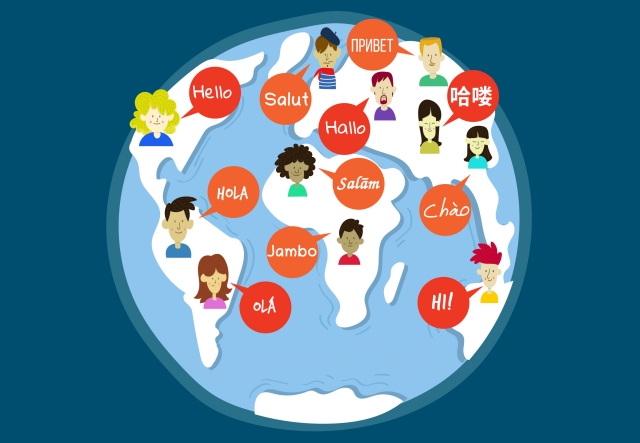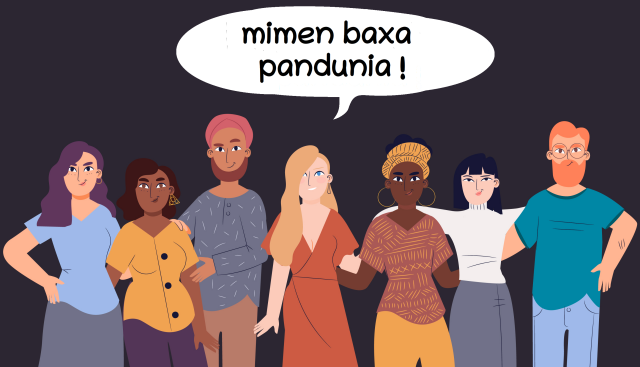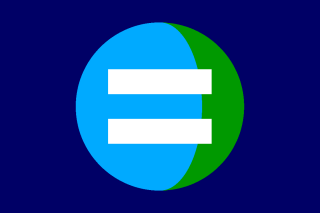Pandunia
halo, dunia! – Hello, world!
Welcome to learn about Pandunia, the helping language for international interaction and friendship.

Image designed by Freepik
What is Pandunia?
Pandunia is a simple language that helps people to talk with each other when they don't have any other language in common.
All words in Pandunia are international. The basic words are similar to English and the rest come from other important languages, including French, Spanish, Japanese, Chinese, Russian, Arabic, Hindi and Swahili.
Pandunia is compatible with English on a basic level. So you can use Pandunia already now everywhere in the world where English is understood to get a hotel room, to order a taxi, to buy souvenirs and to do many other things.
Pandunia is regular and simple. Therefore it can be learned much easier and faster than English and other national languages. There aren't any grammatical exceptions or complex rules in Pandunia. Pandunia is so simple that its basic grammar can be described in only ten rules. Everybody can learn Pandunia to a good level in a short period of time! Pandunia would be an excellent choice for the global second language because it can improve the quality of international communication. It's better to speak good Pandunia than bad English.
Learn it now!
Pandunia is written in the Latin (and English!) alphabet:
A B C Ch D E F G H I J K L M N O P R S Sh T U V X Y Z
Only one letter is pronounced different than what is normal in English: c = ts as in cats.
All vowels are pure vowels. The letter e may be pronounced as the central vowel /ə/ in unaccented syllables.
The spelling of Pandunia is nearly phonetic. One sound = one letter.
The stressed syllable is the first one in short words and the second one in longer words.
méni pérson kén tólke da Énglish in Amérika.
– Many people can speak English in America.
Words stay always the same in Pandunia. There aren't any special inflected forms for cases, tenses, moods, singular and plural etc.
The normal word order is subject–verb–object
so the doer comes first, then the action word and finally the object of the action.
mi love yu.
– I love you.
The word order is the same also in questions.
yu love hu?
– Who do you love?
yu love mi, he?
– Do you love me? (i.e. Do you love, eh?)
Singular and plural are indicated with number words.
buke
– one or more books
un buke
– (one) book
du buke
– two books
tri buke
– three books
meni buke
– many books
Comparison is done with helping words: mor – more; les – less; dan – than; and sim – as, same, equally.
mi es mor gude dan yu.
– I am better (more good) than you.
no, mi es sim gude dan yu.
– No, I am as good as you.
da bi tolke mor faste dan yu.
– He or she talks faster (more fast) than you.
Time is expressed with auxiliary verbs:
did
– past events
vil
– future events
haf
– past events that are still relevant
bi
– ongoing events
di did lese mi se buke.
– They read my book.
vi haf lese meni buke.
– We have read many books.
mi bi lese un buke.
– I am reading one book.
yu vil tolke Pandunia.
– You will talk Pandunia.
Sentence-final particles express why the sentence is said,
i.e. is the sentence, for example, a statement, a question or a command.
yu love kafe, he?
– You love coffee, eh? (question)
yu love kafe, ya.
– You love coffee, indeed. (statement)
yu love kafe, ne.
– You love coffee, or... (need for response)
Use it!
As you can see, it's easy for everyone to learn the basics of Pandunia, and it's even easier for those who speak some English! It's also easy to start using the language immediately. So don't wait! Use it with your friends in everyday life or try it with strangers when you are traveling. It works!
You can find other Pandunia speakers in the internet in following forums.
- Pandunia Discord server
- Forum in Reddit
- Pandunia Facebook group
- Multilingual channel and Pandunia-only channel in Telegram
- QQ channel number 717549404 for discussion in Chinese
Find Pandunia speakers near you in Amikumu app!
More stuff
- Mini lessons with pictures
- Complete grammar of Pandunia in PDF format
- Searchable dictionary
- Origins of words
- Go to the Pandunia lexe a dunia karte pages to see where every Pandunia word is from on a world map.
- Stories in Pandunia
- Counting in Pandunia in Of Languages and Numbers
- Flashcards and quizzes in Lingopolo

Image designed by Freepik
You can contact the creator and a main developer of Pandunia, Risto Kupsala, via email risto@pandunia.info and in the aforementioned forums.
pandunia

of hol dunia, to hol dunia
– from the whole world, for the whole world
